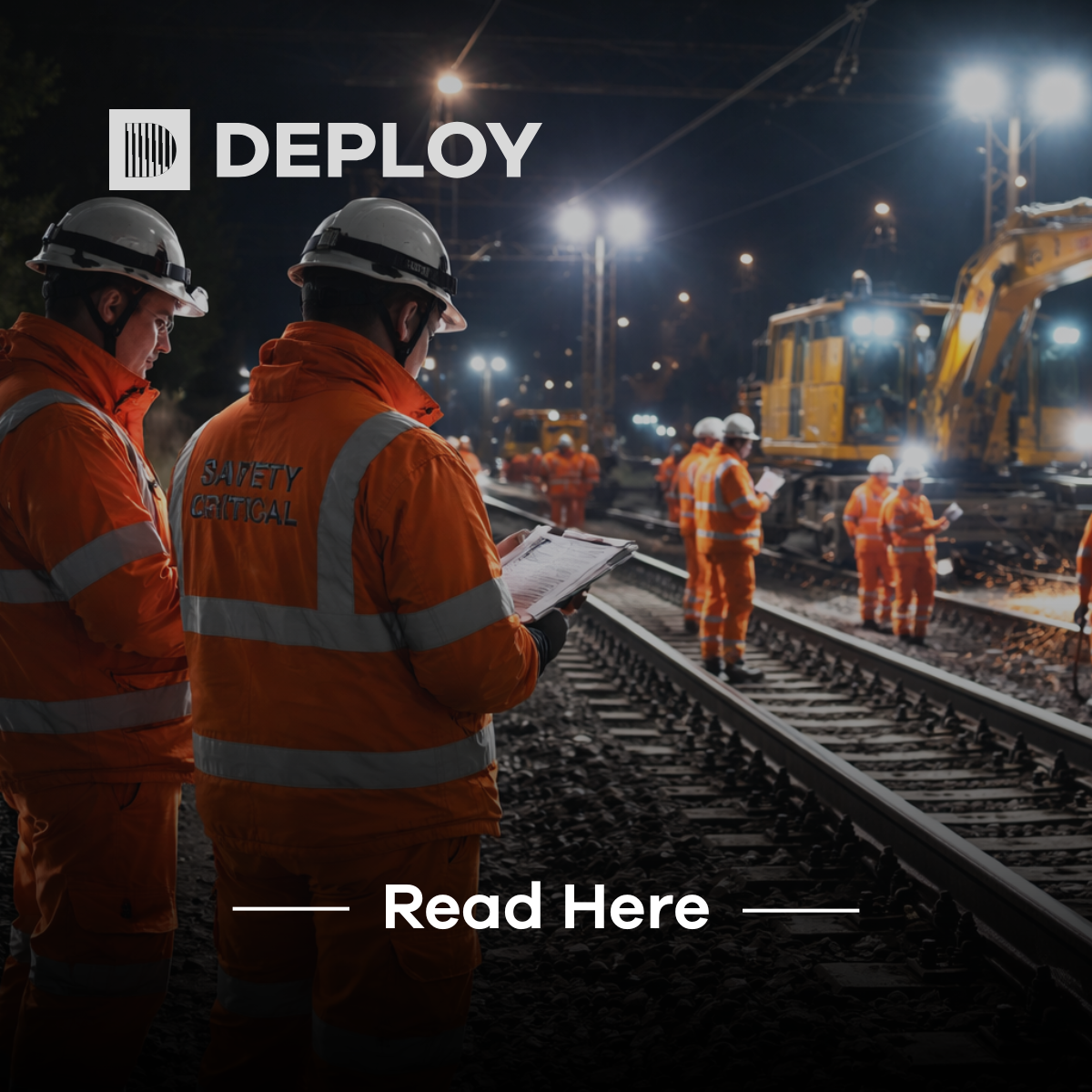Why Technology-Driven Recruitment is Redefining Project Delivery in Infrastructure and Engineering
In an industry historically shaped by physical assets, manual processes, and face-to-face operations, the shift towards digital integration across the infrastructure and engineering sectors has been both profound and, at times, disruptive. As we approach the midpoint of 2025, it is increasingly evident that digital transformation is no longer a peripheral initiative or future aspiration; it is the foundational context in which all modern project delivery must be conceived, resourced, and executed. Whether through the adoption of BIM-enabled design workflows, predictive asset management using AI, or the implementation of real-time safety monitoring systems, the integration of digital tools is reshaping what it means to plan, build, and maintain complex infrastructure across rail, power, construction, and manufacturing.
This technological acceleration has naturally redefined the skills landscape, prompting organisations not only to rethink how they operate, but also to reassess whom they recruit and how they engage their workforce. In practice, this means that digital literacy is no longer confined to a narrow subset of technical roles; it is becoming a baseline expectation across a wide range of operational, supervisory, and managerial functions. The ability to interpret data, collaborate within cloud-based environments, and adapt to iterative design methodologies is now a prerequisite for remaining competitive in high-value projects, especially those governed by stringent compliance standards and performance metrics.
Yet while many project owners and contractors recognise the necessity of digital up-skilling, fewer have succeeded in embedding it within their workforce strategies in a way that is sustainable, inclusive, and aligned with delivery outcomes. Too often, recruitment remains reactive, focused on filling vacancies rather than curating the digital capabilities required for end-to-end execution. This misalignment between strategic goals and recruitment practices can compromise programme timelines, inflate costs, and exacerbate workforce fragmentation.
At Deploy, we believe that bridging this gap requires more than access to a database of candidates, it demands a partner that understands both the digital direction of infrastructure and the evolving nature of project workforces. Our recruitment solutions are designed with technology at their core, enabling us to map not only technical competencies but also digital adaptability, compliance readiness, and cultural alignment. Whether placing a cloud-native data engineer on a rail project or sourcing a digitally fluent project manager for a renewable energy scheme, our approach is grounded in strategic foresight and sector-specific understanding.
More importantly, we work in partnership with clients to future-proof their teams, helping them anticipate skill transitions, access emerging talent pools, and remain compliant with ever-changing regulatory and technological standards. In doing so, we are not simply placing individuals, we are facilitating transformation across entire project ecosystems.
If your organisation is looking to build a digitally capable workforce that can lead in this new era of infrastructure and engineering, speak to Deploy. We are here to help you connect innovation with execution, seamlessly, strategically, and at scale.






